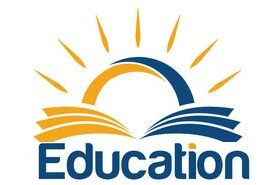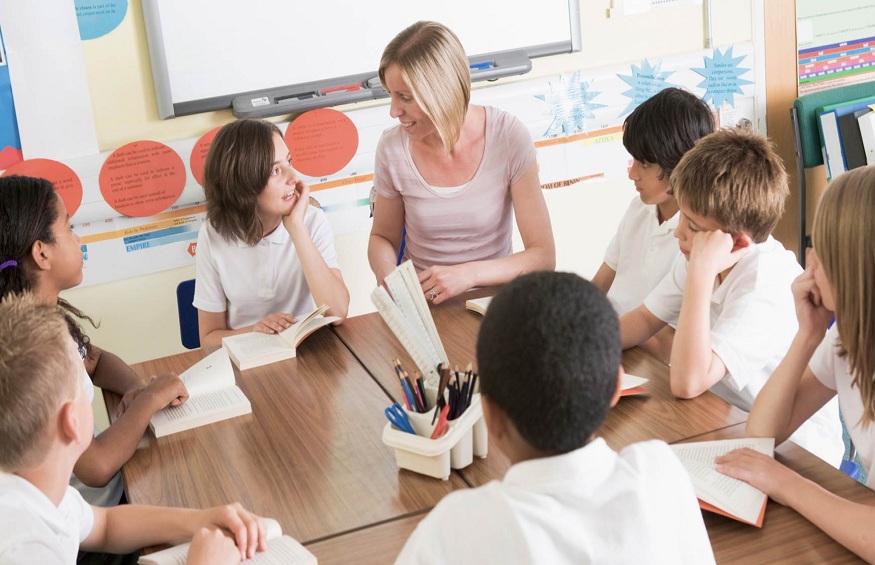We draw your attention to an online series called School in 10 questions . Ten podcasts and filmed episodes that are available on the site savoir. media . They are devoted to the philosophy of education.
Normand Baillargeon, the designer, animator and philosopher of the series, warns us from the outset that the ideas presented in this series of episodes engage only himself. Note also that Mr. Baillargeon was a professor of education at UQAM from 1989 to 2015, when he left his post on his own initiative.
The ninth episode gives way to a subject that arouses passionate debates in the Faculty of Education, or Educational Sciences… It depends on your epistemological position on the question of methods in education.
Is there a better teaching method to help students learn? And if so, which one?
An important answer to this question comes from the American Siegfried Engelmann. He developed a method called “Direct Instruction”, which proved superior to others in a ten-year longitudinal study of 200,000 students in the United States. And yet, this method has never been adopted in Quebec schools. Why?
This episode has the advantage of clearly presenting certain bases and points of view on the question, whether one adheres to it or not. These are the premises of a healthy debate in education.
The question of methods
Learning methods are grouped into two main families, those centered on the teacher such as lectures for example and those centered on the learner such as active learning and the pedagogy of discovery to name two. But how to judge the value of these methods? How do we measure it? How do we do it?
The points of view
We start by presenting who is Siegfried Engelmann who developed the method by “Direct instruction” in the 60s. Then Mr. Baillargeon presents his first guest who is Christian Boyer, a consultant in orthopedagogy and pedagogy, who is also known for his positions denouncing the movements of constructivism and postmodernism in education in Quebec. Together, they make the history of the great research project Project Follow Through. This is a major experiment over a period of 10 years (1967-1977) carried out in the United States in the field of education.
This study compares and analyzes the effectiveness of 22 pedagogical approaches applied to young students mainly from disadvantaged socio-economic backgrounds. The direct teaching method stands out for its results and the high self-esteem that learners have of themselves. The method is known today as explicit learning. Despite positive results, this method has never really penetrated or been disseminated in education. Mr. Boyer talks about the difficulty school systems have in integrating evidence in education.
The second guest is Flavie Lebel, a 12-year-old budding student and philosopher from Quebec. If only for this extract (17:00) where we explain an adapted philosophical concept followed by Flavie’s answer on these method preferences, it is really worth the time to listen to this episode. Here, Flavie first “masterfully” sums up Normand Baillargeon’s question. She says she prefers the student-centred project methodology. His answer is proof that pupils and students must be at the heart of the sampling of educational research projects.
The third guest is called Rahouadja Zarzi. She is a teacher in the reception class at the Jacques-Bizard school. She teaches newly arrived students who need to integrate into their new living environment. She claims that her first method is that of benevolence.
His second method is explicit teaching for its reassuring framework. She likes the rigorous planning that this methodology imposes, namely the modeling, the guided practice and the independent practice of the student. Maria Montesorri’s pedagogy also occupies an important part in her teaching for the development of student autonomy. Ms. Zarzi works together with parents who form a winning trio of teachers-students-parents in education.
Conclusion
Whether you are a behaviorist, constructivist or connectivist in education, Normand Baillargeon hopes that his series will contribute to the democratic conversation on education issues. A series to see!

